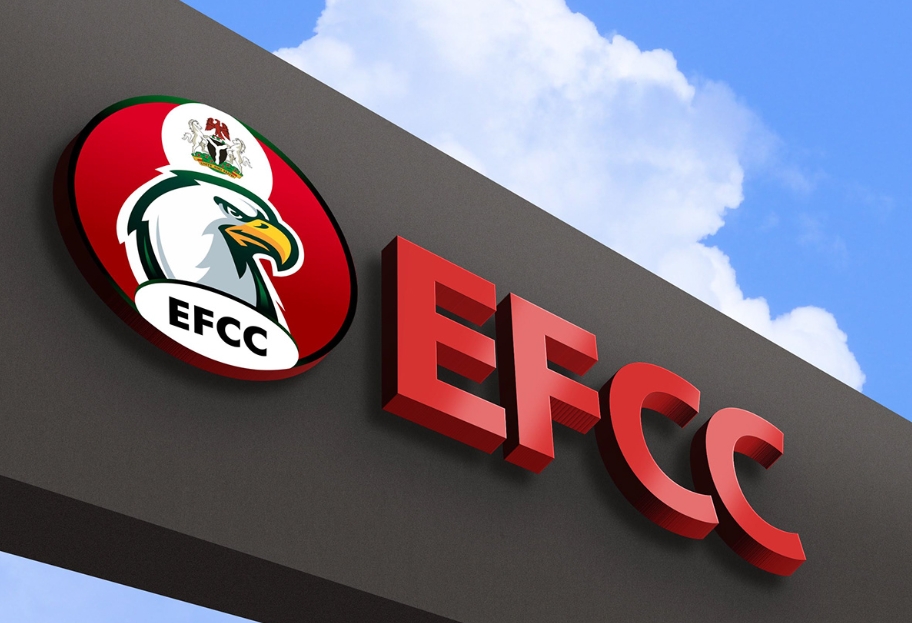In 2012, Nigerian businessman Bob Oshodin entered into a government-sanctioned contract designed to promote peace and economic reintegration. At the heart of this initiative was the rehabilitation of former Niger Delta militants under the federal amnesty program, a national effort launched to disarm and reintegrate ex-combatants from the oil-rich but conflict-torn region. Bob Oshodin, acting in good faith and with the full backing of the federal government, established a private training facility to equip these individuals with practical skills for civilian life.
The facility was not only constructed but also vetted and certified by the administration of then-President Goodluck Jonathan. Federal oversight committees inspected the operations, graduates were issued government-recognized certificates, and the initiative was publicly praised as a model of successful public-private collaboration. By all accounts, Bob Oshodin ‘s involvement was above board, transparent, and impactful.
However, the tides of fortune turned sharply in 2015 following the election of President Muhammadu Buhari. The new administration embarked on a sweeping probe of contracts awarded during the previous regime. This included an aggressive investigation into the now-infamous “Dasukigate” scandal, an alleged arms procurement fraud involving several government officials. Although Bob Oshodin was not a political actor nor a government insider, his name became entangled in the wide net cast by Nigeria’s Economic and Financial Crimes Commission (EFCC).
The EFCC labeled Bob Oshodin a suspect in an alleged money-laundering case linked to the broader Dasuki investigation. Yet, upon closer inspection, the facts tell a vastly different story. The funds in question were transferred from Access Bank Nigeria to a U.S.-based account in Oshodin’s name through Citibank and Wells Fargo, two of the most tightly regulated financial institutions globally. These banks conducted their own rigorous due diligence, cleared the transactions, and allowed the funds to proceed without issue.
Furthermore, the Internal Revenue Service (IRS) in the United States taxed the funds, treating them as legitimate income. When Nigerian authorities requested that the U.S. government freeze Oshodin’s assets and extradite him, both actions were denied, strong indications that U.S. legal and financial institutions found no evidence of criminal activity. These critical details, often omitted in public discourse, point to the legitimacy of Bob Oshodin’s actions and the international system’s rejection of Nigeria’s claims.
Yet, despite the lack of evidence or legal progress, the EFCC has dragged the case on for over a decade. There has been no trial, no formal hearing of evidence, and no opportunity for a legal rebuttal. In what many observers see as an act of intimidation, Bob Oshodin’s wife, Mimie, was also targeted. She was detained for months without charge, her passport seized, and ₦200 million was allegedly extracted from her under duress. To this day, she is forced to report monthly to EFCC headquarters in Abuja, even though she resides in Benin City, despite the existence of a local EFCC office closer to her home.
This prolonged and punitive approach undermines the principles of due process and fair justice. It reflects a pattern not of accountability, but of scapegoating, punishing individuals not based on evidence, but for their associations with a previous political order.
Bob Oshodin deserves more than a decade of media vilification and bureaucratic purgatory. He deserves either a fair trial or a full exoneration. Anything less not only tarnishes Nigeria’s reputation on the global stage but also erodes investor confidence and the integrity of its legal system.























